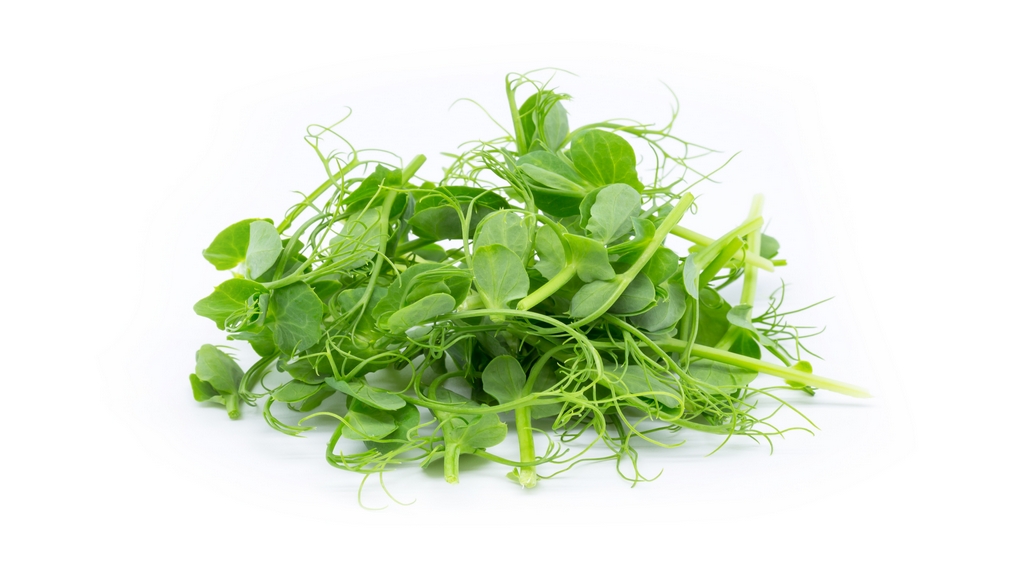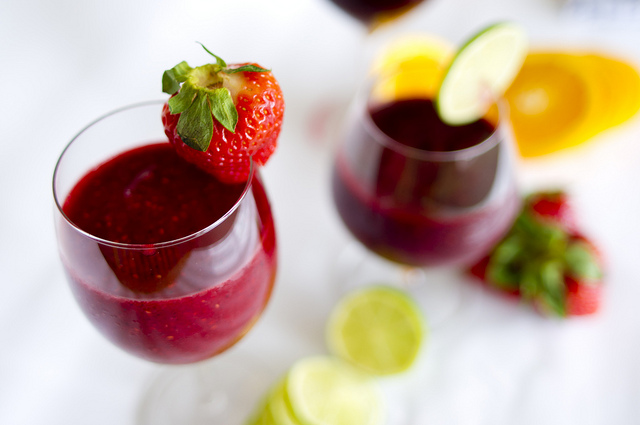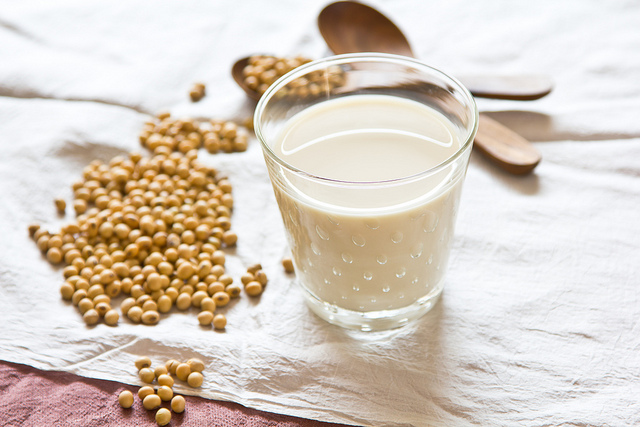Last Updated on Aug 26, 2025 by Happy Dieter
In this listicle, we’ll delve into the remarkable health benefits of watercress, including lower risk of chronic diseases and its high folate content. We’ll explore watercress’s potential as an immune system booster, its impact on overall well-being, and its role in maintaining healthy skin and hair. Whether you’re a health enthusiast or simply looking to enhance your diet with nutrient-rich foods, discovering the incredible perks of watercress and its folate, amino acids is sure to leave you intrigued.
Key Takeaways
- Watercress is a nutrient powerhouse, especially rich in vitamin K and amino acids, which are essential for bone and heart health.
- The high antioxidant content and folate of watercress may help reduce the risk of chronic diseases, making it a valuable addition to a healthy diet.
- Compounds found in watercress, such as folate, have shown potential in preventing certain types of cancer, highlighting its role in cancer prevention.
- Watercress offers impressive benefits for heart health, including lowering blood pressure and improving overall cardiovascular function.
- With its mineral and vitamin K contents, watercress can help protect against osteoporosis, making it especially beneficial for bone health.
- The high levels of vitamin C in watercress can boost immune function, supporting overall health and well-being.

1. Packed With Nutrients, Particularly Vitamin K
Watercress is a nutrient powerhouse, especially rich in vitamin K. Just one cup of watercress provides more than 100% of the daily recommended intake of vitamin K. This leafy green vegetable is a rich source of this essential nutrient, which plays a crucial role in blood clotting and bone health.
Vitamin K is vital for maintaining healthy bones and preventing excessive bleeding. It helps in the modification of proteins involved in calcium binding, leading to proper mineralization of bones and teeth. It supports the transportation of calcium throughout the body, contributing to overall bone density.
Moreover, adequate intake of vitamin K and watercress has been associated with reduced risk factors for cardiovascular diseases such as arterial calcification and improved vascular health. Research indicates that higher consumption of vegetables like watercress may be linked to better outcomes for heart health due to their high content of nutrients including folate and potassium. (reference)
2. High Antioxidant Content May Lower Your Risk of Chronic Diseases
Watercress is a powerhouse of antioxidants, which play a crucial role in combating oxidative stress within the body. These antioxidants, such as watercress, work to neutralize harmful free radicals, thereby reducing the risk of chronic diseases such as heart disease and diabetes.
The high concentration of antioxidants in watercress makes it one of the richest foods in terms of antioxidant content. This means that incorporating watercress into your diet can significantly contribute to lowering the risk factors associated with chronic conditions.
Antioxidants found in watercress, such as vitamins C and E, beta-carotene, and flavonoids, are known for their ability to protect cells from damage caused by free radicals. By shielding cells from oxidative damage, these antioxidants help maintain overall health and well-being.
Research has shown that diets rich in antioxidant-rich foods like watercress may have a protective effect against various chronic diseases. For instance, a study published in the British Journal of Nutrition revealed that consuming watercress led to an increase in certain antioxidant levels within the blood plasma.
Incorporating watercress into your meals not only adds vibrant flavor but also provides substantial health benefits due to its remarkable antioxidant properties.
3. Contains Compounds That May Prevent Certain Types of Cancer
Watercress contains plant compounds like phenethyl isothiocyanate, which have been linked to cancer prevention. These compounds possess potent anti-cancer properties, making watercress a valuable addition to a cancer-fighting diet.
Regular consumption of watercress may help lower the risk of certain cancers, such as breast and lung cancer. Studies have indicated that individuals who include watercress in their regular diet show a reduced likelihood of developing these types of cancer over time.
The unique compounds in watercress have shown potential in inhibiting cancer cell growth. Research references suggest that the amino acids and antioxidants found in watercress contribute to its ability to combat tumor development and progression.
In one study published by the American Association for Cancer Research, it was revealed that daily intake of specific amounts of watercress led to significant increases in blood levels of lutein, beta-carotene, and zeaxanthin—compounds known for their protective effects against certain cancers.
Taking into account these findings, integrating watercress into meals can be an effective way to harness its anti-cancer benefits without compromising on taste or versatility.
4. Beneficial for Heart Health in Many Impressive Ways
Watercress offers a range of nutrients that are beneficial for heart health. Potassium, found in useful amounts in watercress, plays a crucial role in regulating blood pressure, which is vital for cardiovascular wellness. The fiber content of watercress supports heart health by aiding in cholesterol management and promoting overall cardiovascular function.
Studies have shown that regular consumption of watercress can lead to improved cholesterol levels. This reduction in LDL (bad) cholesterol and increase in HDL (good) cholesterol contribute to a lowered risk of heart disease. These findings underscore the importance of incorporating watercress into one’s diet as part of a holistic approach to maintaining heart health.
Moreover, the nitrates present in watercress may promote vasodilation, leading to enhanced blood flow and improved cardiovascular function. Vasodilation helps widen the blood vessels, allowing for easier circulation and potentially reducing strain on the heart.
In addition to its potential benefits for heart health, including watercress as part of a balanced diet can provide women with an excellent source of essential nutrients known to support overall well-being.
5. Mineral and Vitamin K Contents Protect Against Osteoporosis
Watercress is a rich source of essential minerals like calcium and magnesium, along with vitamin K. These nutrients play a vital role in maintaining bone health by supporting bone density and integrity.
Regular consumption of watercress can aid in preventing the loss of bone density, ultimately reducing the risk of osteoporosis. Studies have shown that individuals who regularly include watercress in their diet tend to have stronger bones and are less susceptible to fractures associated with osteoporosis.
The combination of calcium, magnesium, and vitamin K found in watercress works synergistically to fortify bones. Calcium contributes to the structural strength of bones, while magnesium helps regulate calcium levels within the body. Vitamin K plays a pivotal role in bone metabolism by assisting in the modification of certain proteins crucial for maintaining healthy bone tissue.
Incorporating watercress into one’s diet can be particularly beneficial for individuals at higher risk for osteoporosis due to factors such as aging or hormonal changes. By providing these essential nutrients, watercress serves as a natural means of fortifying skeletal health.
6. Boosts Immune Function Thanks to High Vitamin C Levels
Watercress is a powerhouse of immune-boosting properties due to its high vitamin C content. This nutrient plays a pivotal role in supporting the immune system and defending the body against infections. Regular consumption of watercress can significantly contribute to overall immune function and resilience.
The high levels of vitamin C in watercress aid in the production of white blood cells, which are essential for combating pathogens and enhancing immune response. By bolstering the body’s defense mechanisms, watercress helps fortify it against various illnesses and deficiencies that may compromise immunity.
In addition to protecting against common colds and flu, maintaining optimal vitamin C levels through watercress consumption can also reduce the risk of chronic diseases by combatting oxidative stress and inflammation within the body. This demonstrates how incorporating this nutritious leafy green into one’s diet can have far-reaching benefits beyond just immediate immune support.
Studies have shown that individuals with higher intakes of vitamin C are less prone to developing respiratory infections compared to those with deficiencies. Therefore, integrating watercress into meals or salads provides a natural way to enhance immunity while enjoying its fresh, peppery flavor.
7. Nutrient Density May Aid Weight Loss
Watercress is a low-calorie, nutrient-dense food that can be beneficial for weight loss. With only 4 calories per 100 grams, it provides a rich array of essential nutrients, including vitamins A, C, and K, as well as calcium and potassium.
The high fiber content in watercress not only promotes satiety but also supports healthy digestion. This aids in weight management efforts by helping individuals feel fuller for longer periods while maintaining digestive regularity.
Incorporating nutrient-dense foods like watercress into a weight-loss diet can help control appetite. By consuming foods packed with essential nutrients and low in calories, individuals can optimize their nutrient intake while reducing overall caloric consumption.
Research has shown that increasing the intake of nutrient-dense foods is associated with improved weight management outcomes. For example, a study published in the American Journal of Clinical Nutrition found that diets rich in nutrient-dense foods were linked to better long-term weight maintenance.
8. Dietary Nitrates May Enhance Athletic Performance
The natural nitrates in watercress have been associated with improved exercise performance and endurance. Studies suggest that the consumption of watercress may lead to enhanced oxygen utilization during physical activity, potentially bolstering athletic abilities. For athletes seeking a natural way to optimize their performance, incorporating watercress into their diets could be beneficial.
Research has shown that dietary nitrates, such as those found in watercress, can positively impact cardiovascular function and exercise efficiency. By increasing nitric oxide availability in the body, these nitrates may aid in vasodilation, promoting better blood flow and oxygen delivery to muscles during workouts.
Incorporating watercress into pre-workout meals or snacks might provide athletes with an edge by supporting their body’s ability to utilize oxygen more effectively. This could translate to improved stamina and overall athletic performance during training sessions or competitions.
Moreover, the potential benefits of dietary nitrates from watercress extend beyond professional athletes; individuals engaging in regular physical activities like running, cycling, or swimming may also experience improvements in their exercise capacity by including this nutrient-dense green leafy vegetable in their diets.
Are There Any Health Benefits of Combining Watercress and Fish in a Meal?
Combining watercress and fish in a meal can provide numerous Fish Health Benefits. Watercress is rich in vitamins K, C, and A, and also contains antioxidants and minerals. Fish is an excellent source of protein and omega-3 fatty acids, which are beneficial for heart and brain health. Together, they make a nutritious and wholesome meal.
Conclusion
In conclusion, watercress is a nutritional powerhouse that offers a wide array of health benefits. From its high antioxidant content that may lower the risk of chronic diseases to its potential to prevent certain types of cancer, watercress proves to be a valuable addition to your diet. Its impressive impact on heart health, immune function, and even athletic performance makes it a versatile and beneficial choice. With its nutrient density aiding in weight loss and protecting against osteoporosis, incorporating watercress into your meals can significantly contribute to your overall well-being.
So why not add a handful of watercress to your next salad or smoothie? Embracing this small but mighty green leaf can be a simple yet impactful step toward enhancing your health and vitality.
FAQs
Q: What Are the Health Benefits of Watercress?
A: Watercress is packed with antioxidants like lutein and zeaxanthin, which benefit nutrition and can help reduce the risk of heart disease.
Q: How Does Watercress Enhance Athletic Performance?
A: Watercress is believed to enhance athletic performance due to its high nutritional content and potential to improve oxygen uptake during exercise.
Q: Is Watercress Beneficial for Heart Health?
A: Yes, watercress is beneficial for heart health by reducing the risk of heart disease and offering potential benefits for overall cardiovascular health.
Q: What Are the Potential Benefits of Lutein and Zeaxanthin Found in Watercress?
A: Lutein and zeaxanthin, found in watercress, are powerful antioxidants that contribute to eye health and may also offer other health benefits, such as reducing the risk of age-related macular degeneration.
Q: How Can Watercress Contribute to Overall Nutrition?
A: Watercress is rich in essential vitamins and minerals, making it a valuable addition to a balanced diet, contributing to overall nutrition and promoting good health.














